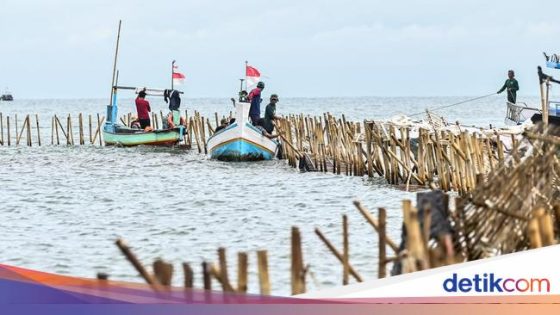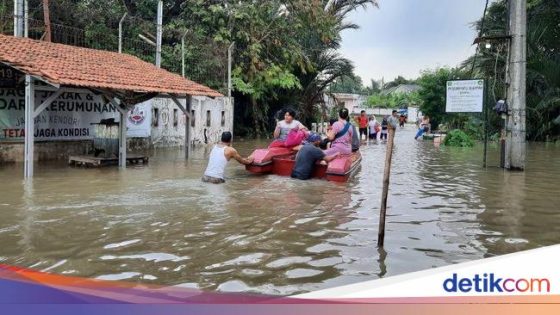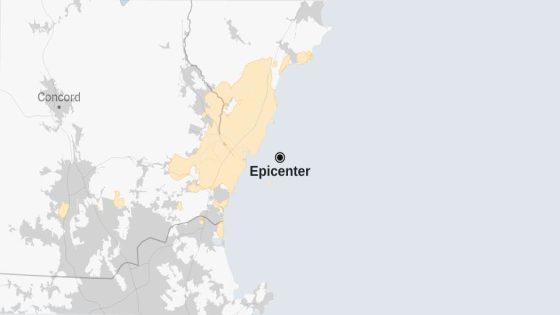On February 4, 2025, the Bareskrim Polri elevated the case of alleged document forgery related to the coastal fence in Tangerang, Banten, to an investigation stage. This decision follows the discovery of criminal elements during a case review. What does this mean for the future of coastal development in Indonesia?
- Dittipideksus elevates case to investigation stage.
- Criminal elements found in sea fence case.
- Five witnesses examined prior to case review.
- Kades Kohod did not attend summons.
- Investigation focuses on land rights certification.
- Presumption of innocence maintained during investigation.
Indonesia’s Coastal Fence Case: What You Need to Know
Why is the coastal fence case significant for Indonesia? The investigation highlights issues of land use and governance that resonate beyond local borders. With Indonesia’s rich coastal resources, how will this case affect future developments?
Key Developments in the Coastal Fence Investigation
The case began with the issuance of a land use certificate over the sea, raising questions about the legitimacy of the process. Here are some key points:
- The Bareskrim Polri found evidence of document forgery.
- Five witnesses, including officials from various ministries, have been questioned.
- Further investigations are ongoing to clarify the roles of involved parties.
- The local village head has yet to respond to the investigation summons.
Understanding Document Forgery in Land Use Cases
Document forgery in land use can lead to significant legal and financial repercussions. This case serves as a reminder of the importance of transparency in land management. How can such issues be prevented in the future?
The Role of Government Agencies in Land Management
Various government agencies, including the Ministry of Agrarian Affairs and the Ministry of Marine Affairs, are involved in land management. Their collaboration is crucial for ensuring fair practices. What steps can these agencies take to improve oversight?
Potential Impacts on Coastal Development in Indonesia
The outcome of this investigation could set a precedent for future coastal projects. Investors and developers may become more cautious, affecting economic growth. How will this case shape the future of coastal development in Indonesia?
In conclusion, the escalation of the coastal fence case to an investigation stage underscores the need for robust governance in land management. As developments unfold, the implications for Indonesia’s coastal policies and international relations will be closely watched.































